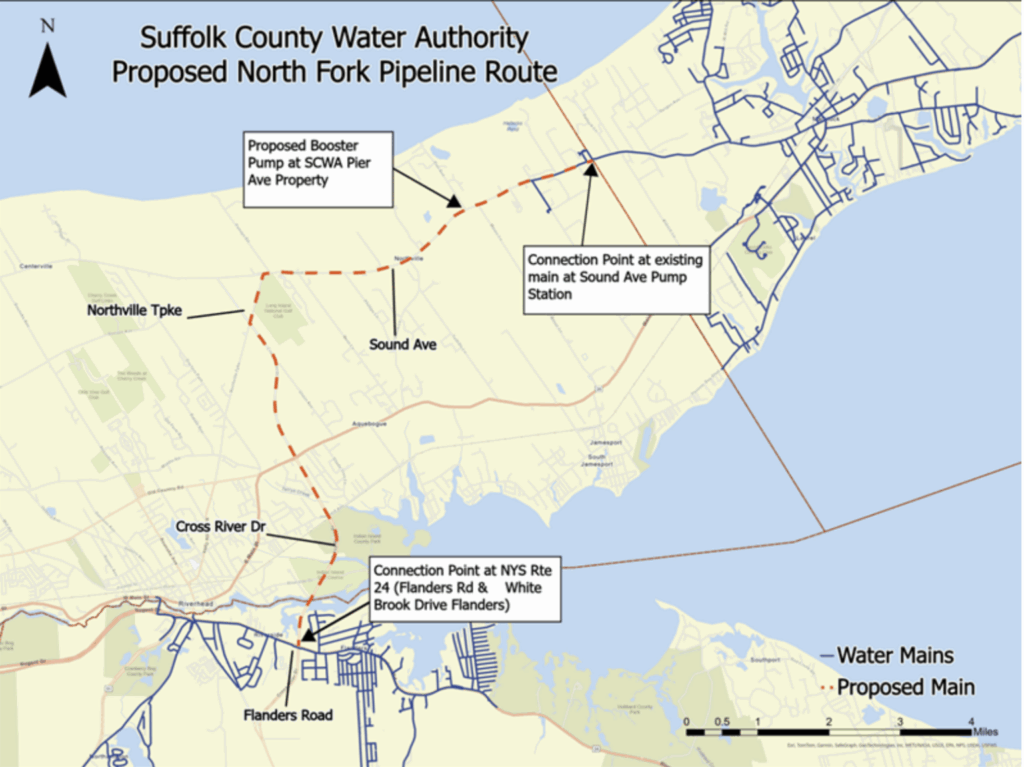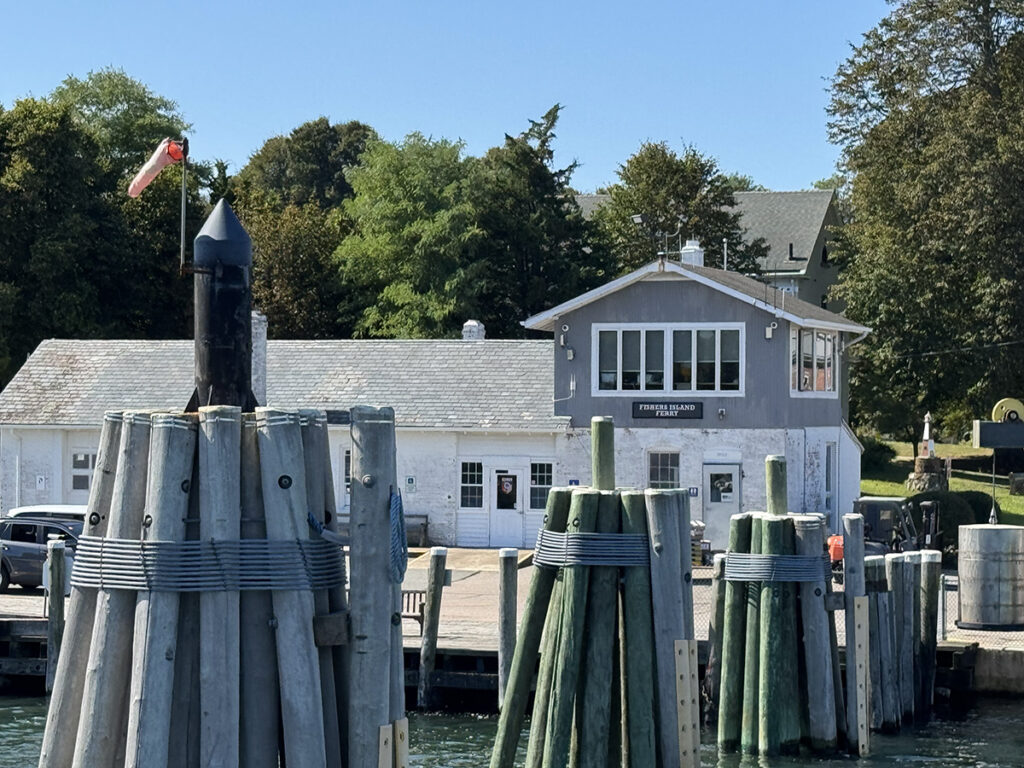Estuary group pushes for healthier lawns, protected groundwater

The Peconic Estuary Partnership is educating the community on responsible stewardship of our natural lands, including residential lawns. The organization has launched a number of initiatives to address the diverse issues that affect the estuary, including helping residents establish Peconic-friendly yards.
One concern is build-up of excessive nutrients in the Peconic estuary. These come from many sources, including agriculture, outdated cesspools and septic systems, residential fertilizer use, stormwater runoff, sewage treatment plants and animal waste. One result is loss of critical habitat, specifically salt marshes and eel grass, which are critical for both marine and avian life. Salt marshes filter out terrestrial pollutants, but increased nitrogen actually suppresses root growth in salt marsh plants. When the environment has an overabundance of nutrients, plants don’t need to develop strong roots that reach deep into the ground to find those nutrients. This makes them less effective as a storm barrier and in securing the coastline.
It’s also important to reduce the watering of yards because that excess moisture increases stormwater runoff. Added water input that flushes lawns, driveways, parking lots or streets becomes runoff and ends up directly in waterways. “Along the way it’s picking up things like motor oil, fertilizers, animal waste, all of these toxins.” Valerie Virgona, outreach and communications manager for PEP, said at a recent workshop.
It also makes sense to reduce fertilizer use to prevent overloading the water with nutrients. “We want to create green infrastructure to help filter that stormwater, we want to create habitat that supports wildlife and we want to prevent runoff from washing out of the yards,” Ms. Virgona said.
Stormwater that is filtered through soil, sand and gravel within rain or native plant gardens is dramatically cleaner when it enters the groundwater than water that runs through storm drains. Additionally, rain barrels offer an opportunity to catch rainwater and prevent it from becoming runoff.
Native plants that are naturally found in this region are more tolerant to local weather. “So with these native plants, you don’t have to water every day. You don’t have to put down fertilizer. They’re naturally adapted for the climate, soil, rainfall and availability of pollinators. They require little to no maintenance, ” Ms. Virgona said.
The PEP website offers a variety of tools to aid homeowners in planning native plant gardens, including an easy-to-use database to help users choose plant species that will suit their needs. There is also a planning tool for yard layouts.
In addition, PEP has a rewards program through which homeowners can get a rebate of up to $500 on the purchase of native plants and rain barrels.
Both New York State and Suffolk County offer grant programs on septic system upgrades. Visit reclaimourwater.info for more information.









